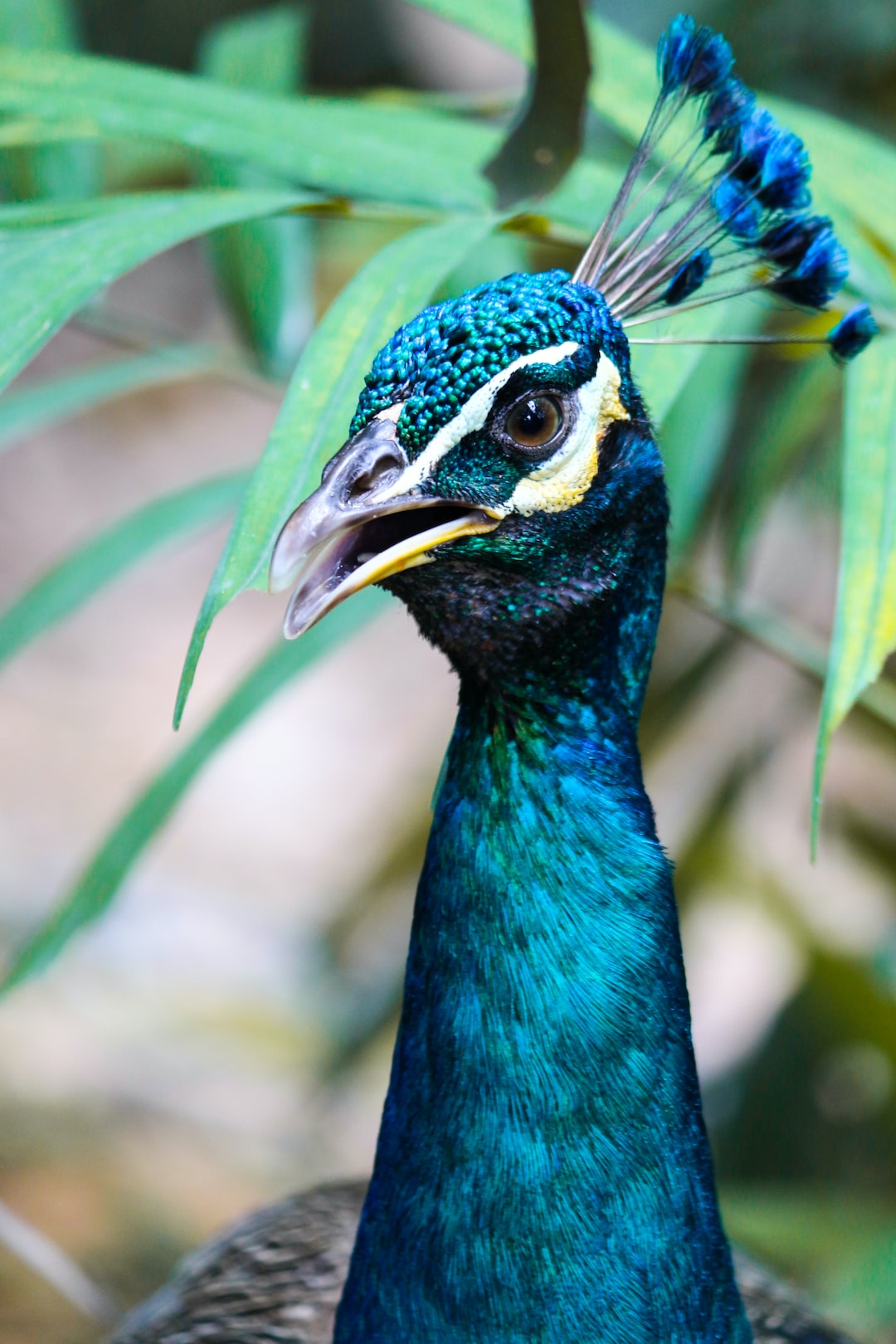The Importance of Pollinators: How Bees and Butterflies Keep Our Ecosystems Flourishing
Pollinators play an integral role in maintaining healthy ecosystems, and among them, bees and butterflies are undoubtedly the most recognizable and crucial. These tiny creatures perform the profoundly essential task of pollination, enabling the reproduction and survival of countless plant species. Beyond their vital contribution to our food supply, the role of pollinators extends to supporting biodiversity, enhancing habitats, and fostering a sustainable environment. Let’s delve into the significance of bees and butterflies in keeping our ecosystems flourishing.
Pollination is the process by which pollen from the male part of a flower is transferred to the female part, ultimately leading to fertilization and the production of seeds. Bees and butterflies, along with other insects, birds, and even bats, are the primary pollinators responsible for this critical function. One might wonder why pollinators are crucial for the survival of plants and, subsequently, the entire ecosystem. Well, approximately 80% of flowering plants worldwide rely on pollinators to reproduce, including many fruit and vegetable crops that form a significant part of our diet. Without pollinators, these plants would fail to reproduce, resulting in a severe decline in food production and an impact on the delicate balance of ecosystems.
Bees, specifically honeybees, are indeed the most well-known and economically important pollinators. A honeybee colony consists of thousands of worker bees that tirelessly collect nectar and pollen from flowers to feed their colony. As they move from flower to flower, they inadvertently transfer pollen grains, allowing for cross-pollination and facilitating plant reproduction. It is estimated that nearly 75% of the world’s leading food crops depend on pollinators like honeybees, contributing to over $200 billion worth of global food production annually.
Beyond their crucial role in securing our food supply, bees are also keystone species that positively impact biodiversity and habitat preservation. They aid in the pollination of wildflowers, which support the survival of numerous animal species, including birds and insects. Bees are vital for the regeneration of forests and provide sustenance for countless mammals and birds through the production of honey and beeswax. By promoting the growth and diversity of plant species, bees create healthier ecosystems and contribute to the resilience of the natural environment.
Butterflies, despite being aesthetically pleasing, also play a significant role as pollinators. While they may not be as efficient as bees due to their feeding habits, they contribute to pollinating various wildflower species and certain crops. Butterflies are particularly drawn to brightly colored flowers with deep corolla tubes, which they can access with their long proboscis. Through the transfer of pollen, they help maintain genetic diversity within plant populations, promoting adaptability and resilience to environmental changes.
Unfortunately, both bees and butterflies face numerous challenges that threaten their populations worldwide. Factors like habitat loss, pesticide use, climate change, and disease have led to a dramatic decline in their numbers. This alarming trend has significant consequences for our ecosystems and food security. Therefore, it is crucial to take action and work towards preserving and protecting these essential pollinators.
To support pollinators, individual efforts can go a long way. Planting native flower species in gardens, balconies, and public spaces provides vital food sources and habitats for bees and butterflies. Avoiding or minimizing the use of pesticides and herbicides helps protect the health of these pollinators and prevents contamination of their food sources. Creating bee-friendly environments by providing nesting sites like bamboo tubes or bee hotels can greatly aid in the conservation of bee populations.
Furthermore, advocating for sustainable agricultural practices that reduce reliance on chemical inputs and promote organic farming methods can contribute to pollinator preservation. Collaboration among farmers, scientists, and policymakers is essential to develop and implement effective strategies to protect pollinators and promote their crucial role in maintaining healthy ecosystems.
In conclusion, bees and butterflies are irreplaceable pollinators that support global food production, biodiversity, and the sustainability of our ecosystems. Their role in plant reproduction and genetic diversity is fundamental to the functioning and resilience of our environment. Protecting and conserving these pollinators is not only a matter of food security but also a matter of maintaining the integrity and balance of our ecosystems. By understanding their importance and taking meaningful action, we can ensure a flourishing and sustainable future for both pollinators and ourselves.


